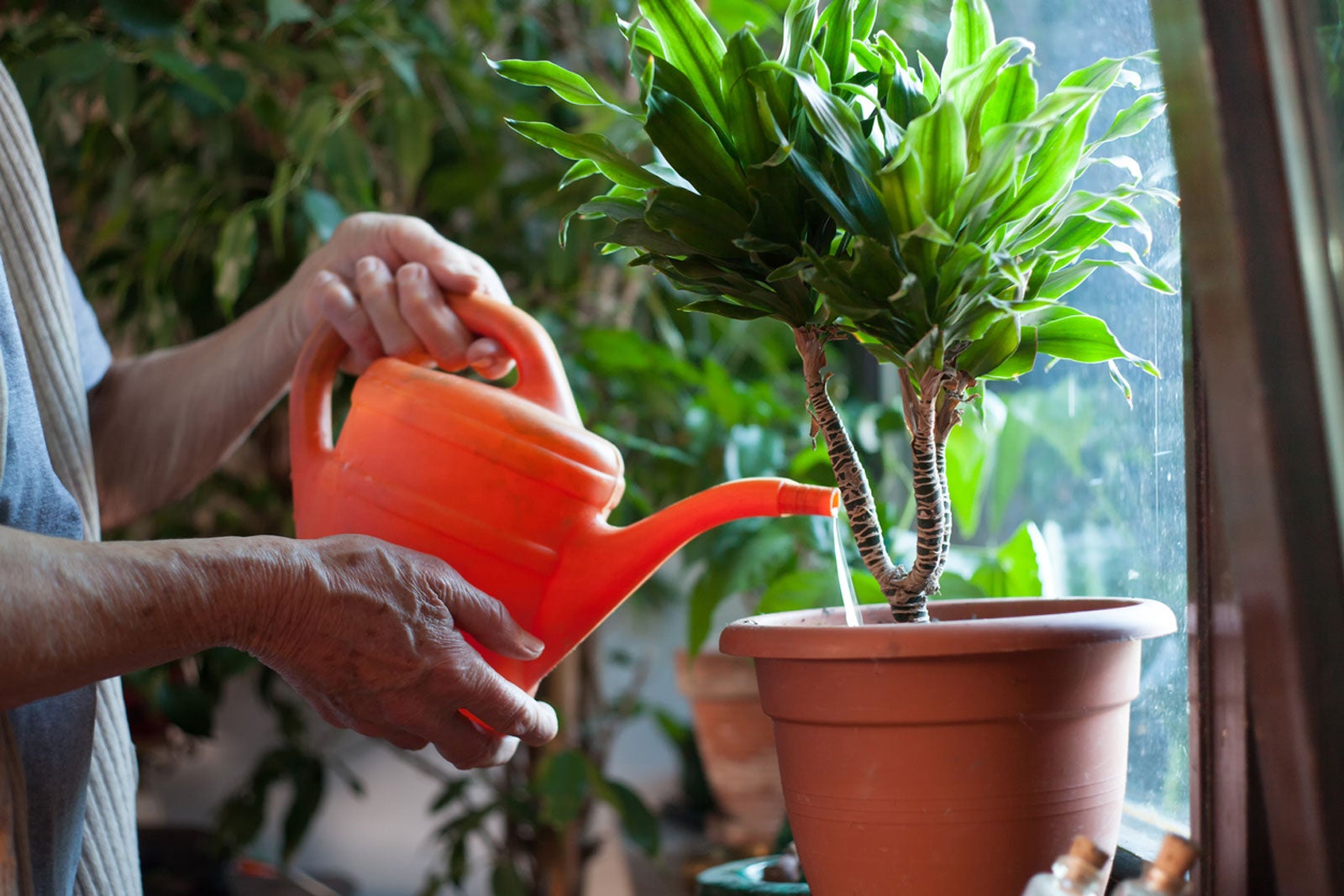Master Organic Gardening: Top Tips for Beginners

Are you ready to dive into the world of organic gardening? Imagine transforming your backyard into a lush, eco-friendly oasis where you can grow your own fresh, pesticide-free produce. Sounds like a dream, right? Well, it's more achievable than you think! With our beginner's guide, you'll be well on your way to mastering organic gardening. Let's dig in!
Understanding Organic Gardening
Organic gardening is more than just a hobby; it's a sustainable practice that benefits both you and the environment. By avoiding synthetic fertilizers and pesticides, you're promoting a healthier ecosystem and producing safer, more nutritious food. But where do you start?
What Is Organic Gardening?
Organic gardening is all about working with nature, not against it. It involves using natural methods to maintain soil fertility, control pests, and promote plant growth. Think of it as a partnership with Mother Nature, where you nurture the soil and plants, and they reward you with a bountiful harvest.
Getting Started: The Basics of Organic Gardening
Choosing the Right Location
The first step in organic gardening is finding the perfect spot for your garden. Look for a location that gets at least six hours of sunlight daily. Avoid areas prone to flooding or with poor drainage. Remember, plants are like sunbathers—they love soaking up the rays!
Preparing Your Soil
Healthy soil is the foundation of a successful organic garden. Start by testing your soil's pH level to determine its acidity or alkalinity. Most plants thrive in slightly acidic soil with a pH between 6.0 and 7.0. Adding organic matter like compost can improve soil structure and fertility.

Selecting the Right Plants
Choose plants that are well-suited to your climate and soil conditions. Opt for heirloom or open-pollinated varieties, which are often more resilient and better adapted to organic practices. Consider starting with easy-to-grow plants like tomatoes, lettuce, and herbs.
Essential Organic Practices
Composting: The Secret to Healthy Soil
Composting is the heart of organic gardening. It's the process of recycling organic waste into nutrient-rich soil amendments. Compost improves soil structure, retains moisture, and provides essential nutrients for your plants. Think of compost as the superfood for your garden!
Natural Pest Control
Pests are a natural part of any garden, but organic gardeners use eco-friendly methods to keep them in check. Companion planting, where you plant certain plants together to deter pests, is a great strategy. For example, planting marigolds can repel nematodes, while basil deters flies and mosquitoes.
Watering Wisely
Water is the lifeblood of your garden, but it's important to use it efficiently. Water deeply and less frequently to encourage deep root growth. Consider using drip irrigation systems or rain barrels to conserve water. Remember, plants are like people—they need water, but not too much!
Plant Care: Nurturing Your Green Friends
Mulching for Moisture and Weed Control
Mulching is a simple yet effective way to maintain soil moisture and suppress weeds. Use organic materials like straw, wood chips, or grass clippings. Mulch acts like a protective blanket, keeping your plants cozy and weed-free.
Rotating Crops for Soil Health
Crop rotation is a key practice in organic gardening. It involves planting different types of crops in the same area over consecutive growing seasons. This helps prevent soil depletion and reduces the risk of pests and diseases. Think of it as giving your soil a well-deserved break!
Pruning for Optimal Growth
Pruning is like giving your plants a haircut. It helps promote healthy growth and improves the overall appearance of your garden. Remove dead or diseased branches to encourage new growth and prevent the spread of diseases.
Eco-Friendly Tips for Beginners
Use Natural Fertilizers
Natural fertilizers like compost, manure, and bone meal are excellent alternatives to synthetic fertilizers. They provide a slow release of nutrients, promoting steady plant growth. Think of them as the slow-release vitamins for your garden.
Attract Beneficial Insects
Not all insects are pests. Beneficial insects like ladybugs, bees, and butterflies can help pollinate your plants and control pests. Plant flowers that attract these helpful critters, such as daisies, sunflowers, and lavender.
Practice Integrated Pest Management (IPM)
IPM is a holistic approach to pest control that combines biological, cultural, and chemical methods. It focuses on long-term prevention rather than short-term fixes. Think of IPM as the comprehensive health plan for your garden.

Conclusion: Embrace the Journey
Organic gardening is a rewarding journey that connects you with nature and provides you with fresh, healthy produce. By following these tips, you'll be well on your way to mastering the art of organic gardening. Remember, every garden is unique, and every gardener learns through trial and error. Embrace the process, and enjoy the fruits of your labor!
FAQs
-
What are the benefits of organic gardening? Organic gardening promotes a healthier ecosystem, reduces exposure to harmful chemicals, and produces more nutritious food. It also helps conserve water and supports beneficial insects and wildlife.
-
How do I start an organic garden? Start by choosing the right location, preparing your soil, and selecting plants suited to your climate. Use natural methods for pest control, watering, and fertilizing. Composting and crop rotation are also essential practices.
-
What are some common organic pest control methods? Common methods include companion planting, using natural predators, and applying organic pesticides like neem oil or insecticidal soap. Integrated Pest Management (IPM) is a comprehensive approach that combines various methods.
-
How can I improve my soil for organic gardening? Test your soil's pH and add organic matter like compost to improve structure and fertility. Rotate crops to prevent soil depletion and maintain a healthy balance of nutrients.
-
What are some easy-to-grow plants for beginners? Tomatoes, lettuce, herbs, radishes, and beans are great choices for beginners. They are relatively easy to grow and provide quick results, which can be very encouraging for new gardeners.
Happy gardening!
0 Response to "Master Organic Gardening: Top Tips for Beginners"
Post a Comment